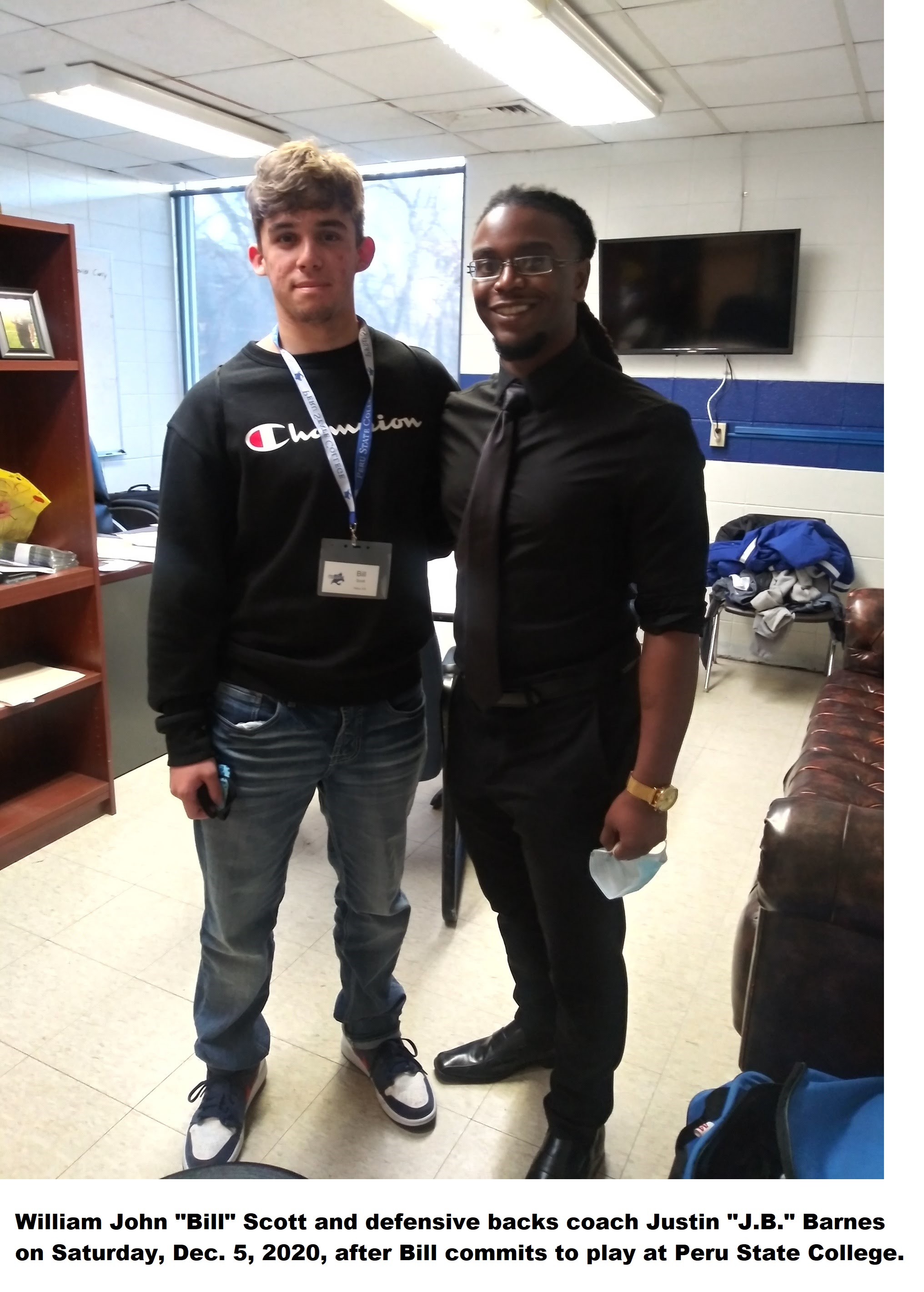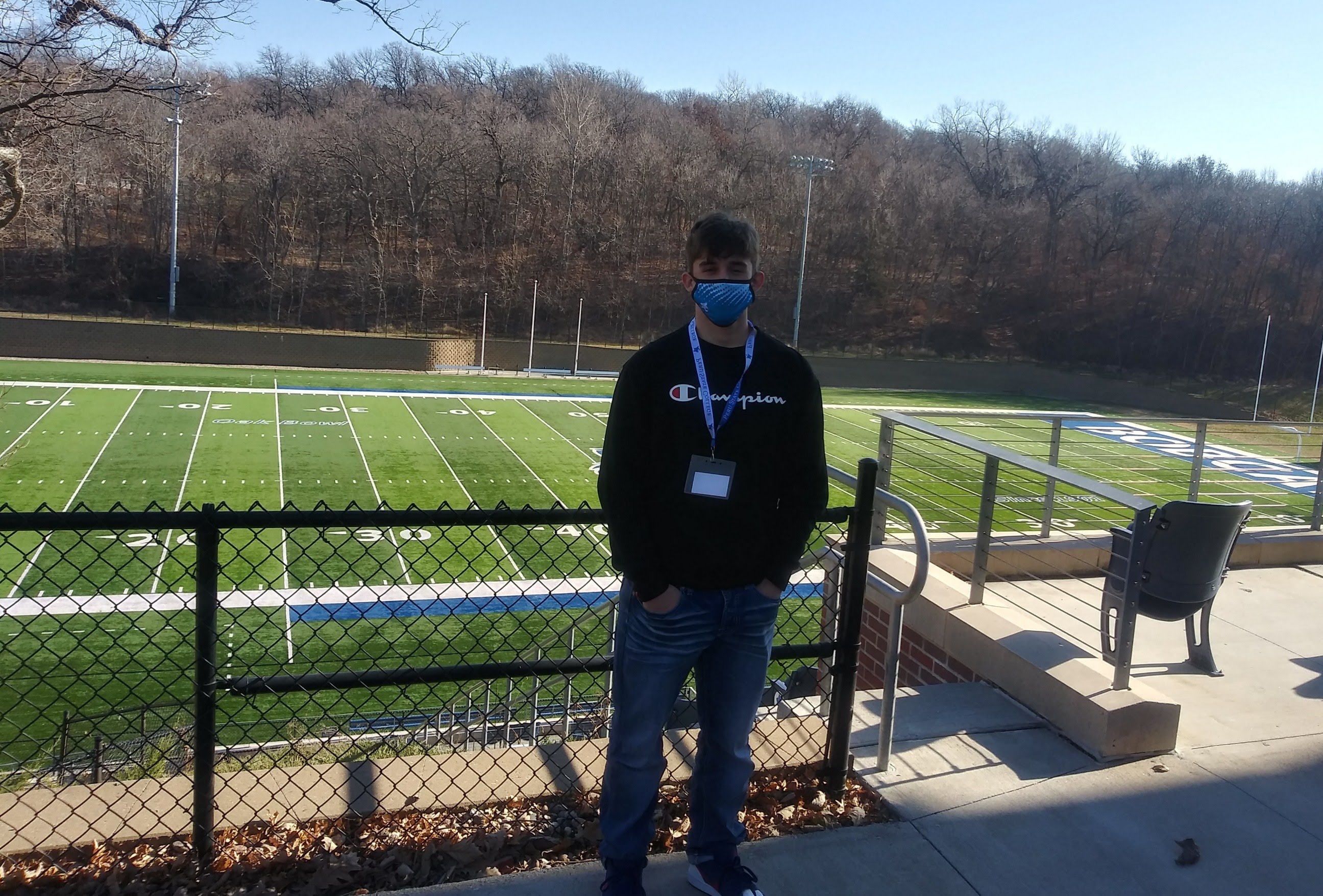
Winter Edition
![]()
Blast
from Past:
Interview of
Barbara
Wallace
Blast
from Past:
Report from
Early Stages
of Arthur
Levine's
TC
Restructuring
Reprise
KATESOL
2006:
Kathy Escamilla
Keynote
Reprise:
Report from
the 1st ever
TESOL Peace
Forum
Sociocultural
Study of
Rock-Picture
Writing
Decision-Making
Skills and
Self-Efficacy
SEE INAUGURAL
EDITION FROM
SUMMER 2020
editor@
Information:
multilingual
adaptive.net
![]()

A Campus Visit:
Choosing the Right College
When I was growing up, my brothers and sister and I were raised by two very loving parents whose lives
yet stand today as shining examples of sincerity, work
ethic, and principled behavior. However, rather than
encouraging us to develop a sense of autonomy or
giving us opportunities to make independent decisions,
they tended to emphasize obedience and self-conscious
Christian guilt as the key features of a dynamic that
may have indirectly led to a lack of the type of experiential
learning that often is associated with goal-setting,
exercising of executive function capabilities, and
the development of a strong sense of self-confidence
and deep-seated self-efficacy for handling decision-making
challenges in unanticipated and unpredictable situations
that are so frequently encountered in real life.
For young people in such controlled environments
where compliance with prescriptive instruction is
reinforced and divergent thinking is discouraged,
the transition to independence and adulthood can
be very, very bumpy and even traumatic. My older
brother and our sister, the first born, went through
stages of rebellion starting in high school and continuing
through their college years, as they stood up for themselves
and fought for their rights to make up their own minds
about how to live their lives. These were emotionally-charged
struggles and have had lasting effects on John and Beth,
who (now in their late 60s) occasionally will express resentment of our
parents' repressive influence over them, even as it has
been now 45 years since their violent and sudden
deaths in the crash of our small family airplane.
I was almost 17 when my folks died, and of course it
was a pivotal moment in my life. My father and I had
had one conversation about my college plans a few
months before that event, and I had tentatively expressed
the proposal that, just like most of my friends, I ought
to have been making up my own mind about where to
attend college, instead of it being determined by my
folks that I would go to Geneva College, the school
affiliated with the Reformed Presbyterian Church,
our family's chosen denomination. My dad simply
said, "You get that thought out of your mind." And
magically the idea of me choosing a college myself
literally disappeared. Then, in October of my senior
year in high school, both of my parents were taken
from me by destiny, and with little guidance and
complete and sudden freedom of choice, I began
taking my first steps and venturing out into life
on my own.
Fast-forward to the past several days, here in
December, 2020, and my youngest son's approach
to his first big decision in life: which of six or seven
offers of football scholarships to accept and where
he would start his own college experience. We visited
only three schools -- Dakota Wesleyan in Mitchell,
South Dakota; Bethel College in Newton, Kansas;
and Peru State in Peru, Nebraska -- and you would
be hard-pressed to find enough logical distinctions
among these three schools that would enable a person
to make a purely intellectual choice.
My wife and I were determined to support our
son, respect his control over this decision-making
process, and embrace this big moment in his life.
Yesterday, at the Peru State College visit, William
John Scott suddenly became a little quieter and
more serious and stayed behind after lunch to
speak privately with Justin Barnes, a graduate
assistant at the college who coaches defensive
backs for the football team and who made the
initial outreach effort to Bill some months ago.
A few minutes later, they found us over near
a trophy case where the official tour and visit
for seven or eight families that day was ending.
"I've made my decision," said Bill, "I have
commited to Peru State." In several more seconds,
the four of us were joined in a nearby room by
the head coach, Casey Creehan, who told us
how happy they were to have Bill as part of
the Bobcat family. I stated that I was proud
of my son and that our family was very happy
with the way this visit had turned out. Bill's
mother, still recovering from her surprise at
how quickly, quietly, and suddenly the
decision had happened, stated that we
had wanted it to be completely up to Bill
and that we supported him 100 percent.
A few very nice pictures were taken, and
our family headed out to the car, accompanied
by Coach "J.B." Barnes, who again welcomed
us and Bill to the Peru State family and the
team.
Ten minutes later, we stopped at a gas station /
convenience store in nearby Auburn, Nebraska,
with our family still making sense of this
wonderful experience. It's about a four and
a half hour drive from Peru to Hays, and
for much of it I was the only person awake.
My mind went over the thinking process that
a person follows as they develop an idea,
explore alternatives, consider the possible
implications, and then enter into that calm
state in which a conclusion is reached as
the decision coalesces in harmony. Each
person -- if given sufficient opportunity
and ideal conditions -- begins to show his
or her personal style in the approach to
a seemingly endless series of decisions
like these throughout a lifetime.
When my son awakened from his nap, I
made a point of thanking him for allowing
his mother and me to be a part of and
to witness this special moment. As the
car glided along I-70 west of Salina
through the darkness, the three of us contemplated
what a nice day this was.
2021 The Multilingual Adaptive Systems Newsletter
Report by Robb Scott
editor@multilingualadaptive.net


